Are you confused about buying a new digital camera or using a DSLR?
When clicking beautiful photographs, the camera you choose can make lots of difference.
DSLR and digital cameras can be a great addition to your professional photography kit.
Still, if you want to choose any of them, it will depend on your photography genre and budget.
For professional photography, a DSLR can be the best choice.
Still, if you want a smaller camera body or have just started out your photography journey, you can go with the digital cameras.
Digital cameras can also be a good choice for online content creators and people who travel a lot, as it is easy to carry them wherever you go.
On the other hand, DSLR cameras offer more advanced features, better image quality, and interchangeable lenses, making them a good choice for professional photographers.
DSLR or Digital Camera: Which One Should You Buy?
Let’s look at the differences between digital cameras and DSLRs and see which can be better for you.
If you are looking for further options to explore a wide range of the best beginner DSLR cameras, follow the link to get detailed assistance in selecting.
1. Easy to Use
If you’re looking for an affordable, easier-to-use, and more versatile camera than traditional film photography, digital cameras can be your best choice.
Since the body of a digital camera is smaller, you can carry it wherever you’re going.
On the other hand, DSLRs are bulky and come with many fragile items that may make them difficult to carry.
They won’t fit into your purse, pocket, or handbag, making shooting on the go difficult with them.
It would be best if you made special arrangements to pack them up while traveling, and they will take lots of space in your travel gear.
So, if you prefer responsive, small, lightweight cameras to bulky, big, heavy ones, you should use digital ones.
2. Battery Life
Typically, DSLRs have a better battery life than digital cameras as they’re specially designed for professional shoots.
A basic digital camera comes with a 700mAh battery, whereas the battery of a DSLR is almost double.
Since digital cameras provide live views on LCD screens, their batteries die faster.
DSLRs capture images without providing a live view on an electronic viewfinder or an LCD screen, which consumes lots of power.
So, if you’re a wedding, product shoot, or event photographer, you should always buy DSLRs.
3. Camera Lenses
With a DSLR, you’ll get a wide variety of interchangeable lenses.
So, if you’re not happy with the present image quality of your DSLR, you can always upgrade the lens and improve your image quality.
But you do not get the same option with digital cameras. The lenses are the camera body part in digital cameras, so you don’t need to purchase extra lenses.
While this can save you some cash, it won’t allow you to improve your image quality.
In mirrorless cameras, you can swap out lenses like DSLRs, but you won’t get a huge selection of lenses like DSLRs.
4. Image Quality
DSLR cameras have robust and large image sensors that guarantee superior image quality.
They have an optical viewfinder for clear and crisp viewing of the images.
You don’t get this option with the action cameras, compact cameras, and other subsets of the digital camera category.
Mirrorless cameras come with an electronic viewfinder but are not as high quality as the optical viewfinder.
The image quality of digital cameras lags behind the DSLRs, so they are not considered the best choice for professional shoots.
5. Advanced Controls
Another advantage of using DSLRs over digital cameras is that they come with advanced controls that give you control over all the aspects of the photo-taking process.
With DSLR cameras, you get various options such as shutter control, ISO adjustment, aperture control, exposure adjustment, and more.
Digital cameras lack manual adjustment modes and do not have advanced controls like DSLRs.
But if you’re an amateur, you should stick with digital cameras as the advanced features in DSLRs can be intimidating when operating the camera.
Conclusion
If you’re an aspiring photographer, you may wonder whether to buy a digital camera or DSLR.
These cameras have advantages and disadvantages and can be a wonderful addition to your photography kit.
While digital cameras are small, compact, and easy to carry, DSLRs have better battery life and image quality.
If you’re a beginner, it’s better to stick to a digital camera, and if you do professional shoots, you should go for DSLRs.
If you’re still confused, check out the detailed comparison between DSLRs and digital cameras to know which option is best.
This will help you select the right camera per your skill level, budget, and photography genre.
Frequently Asked Questions
Is a DSLR Better than a Digital Camera?
DSLRs and digital cameras have many features to improve your photo-taking abilities.
Your budget, photography skills, and genre will help you decide which one will be the right choice.
If you’re a beginner, a digital camera can be a better choice, and for professional photography, you should go with a DSLR.
What are the Different Kinds of Digital Cameras?
You’ll find many digital cameras, including fixed lens and mirrorless.
Fixed lens cameras come cheaply, and the lenses are attached to their body.
Mirrorless cameras offer image quality similar to DSLRs and are easy to carry, but they have fewer lens choices.

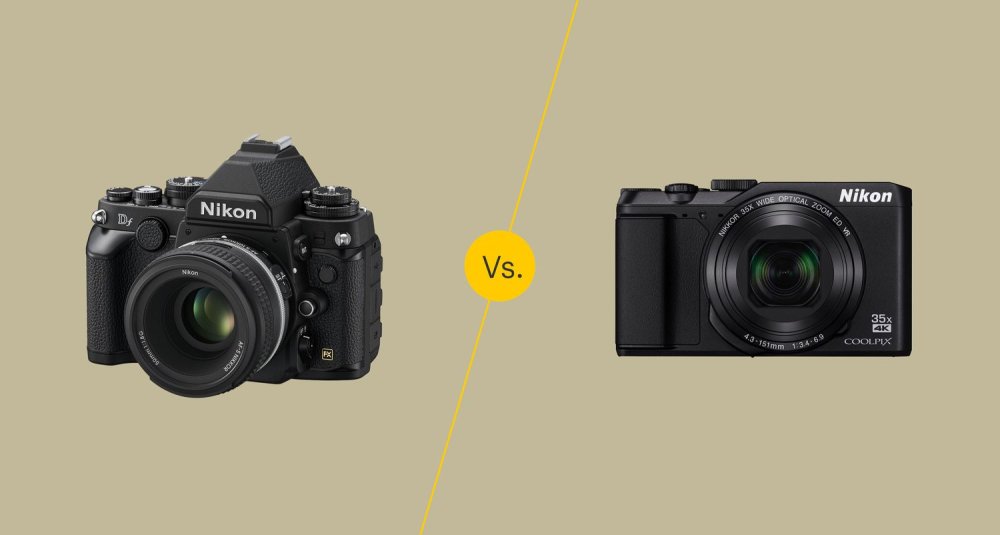
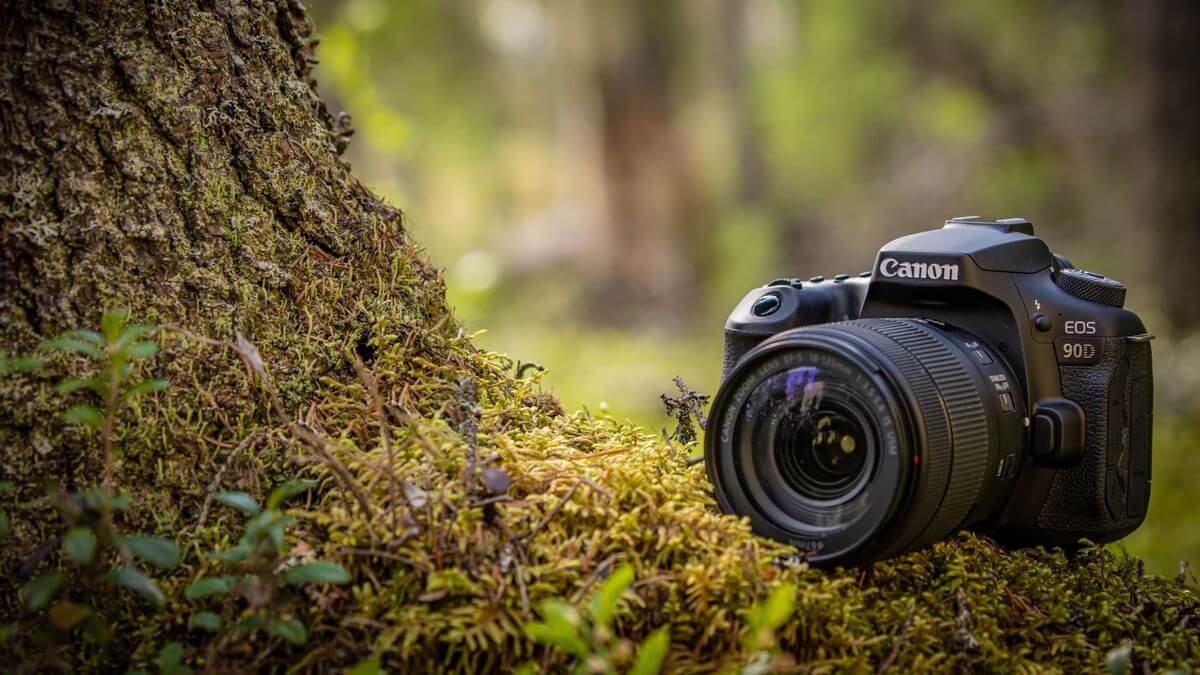
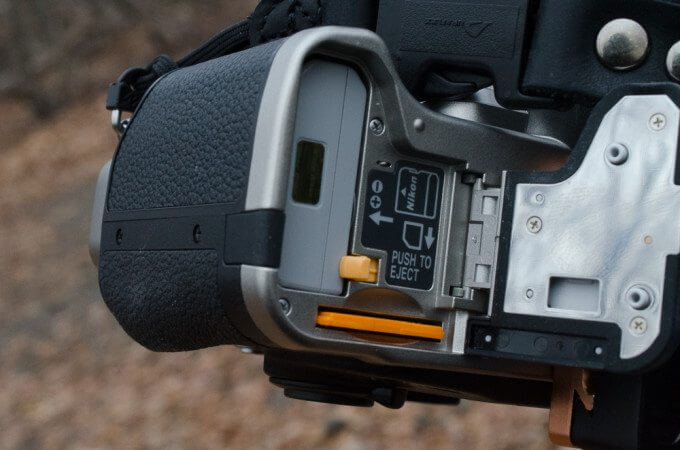
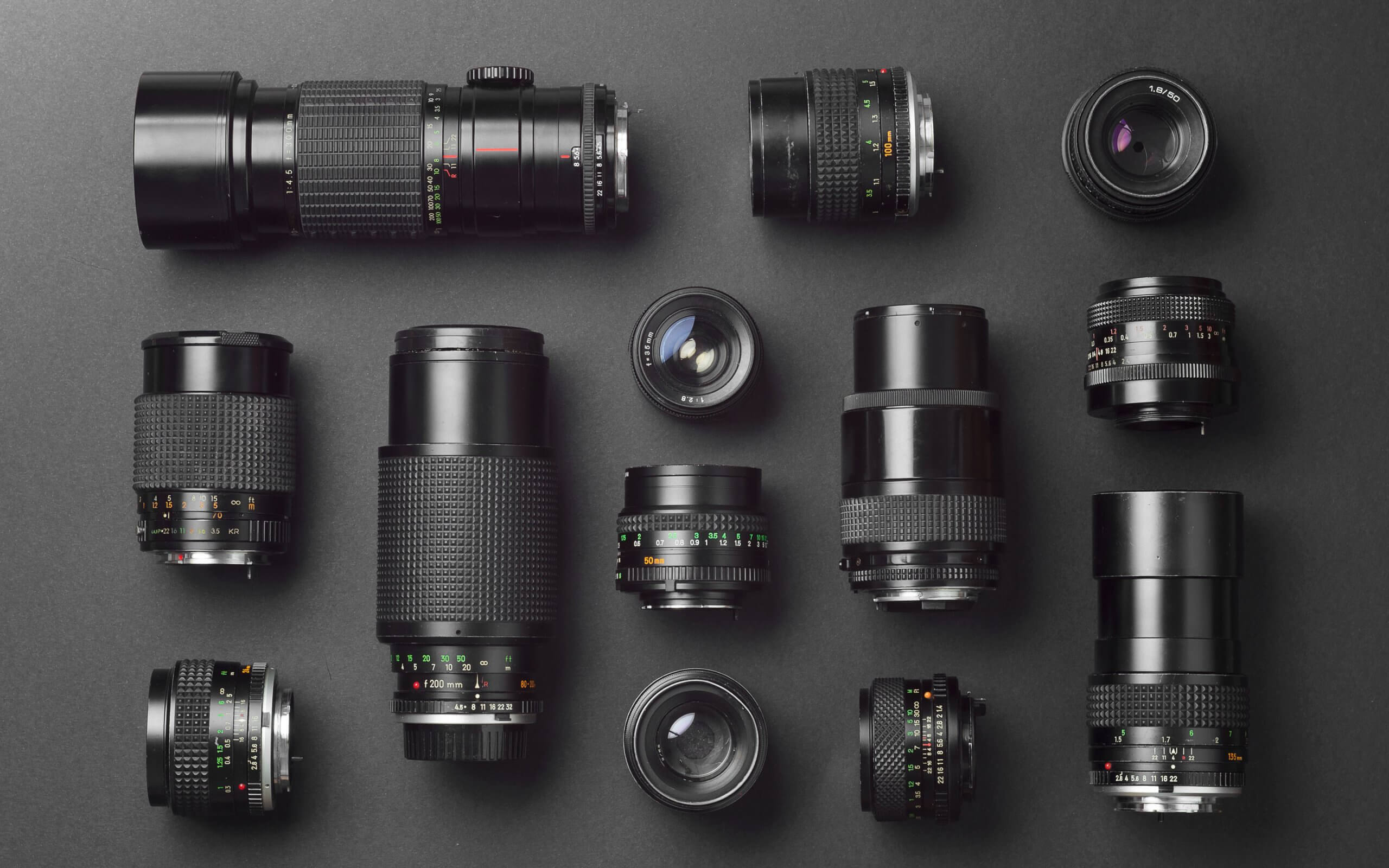
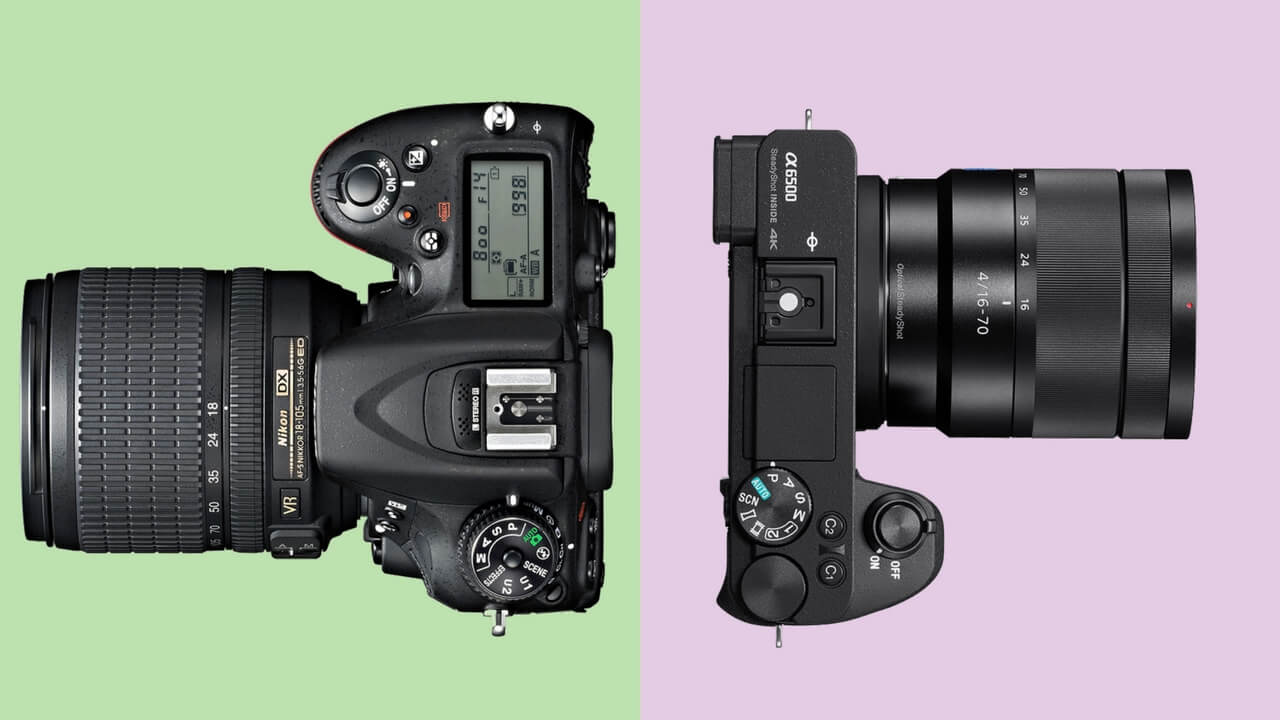
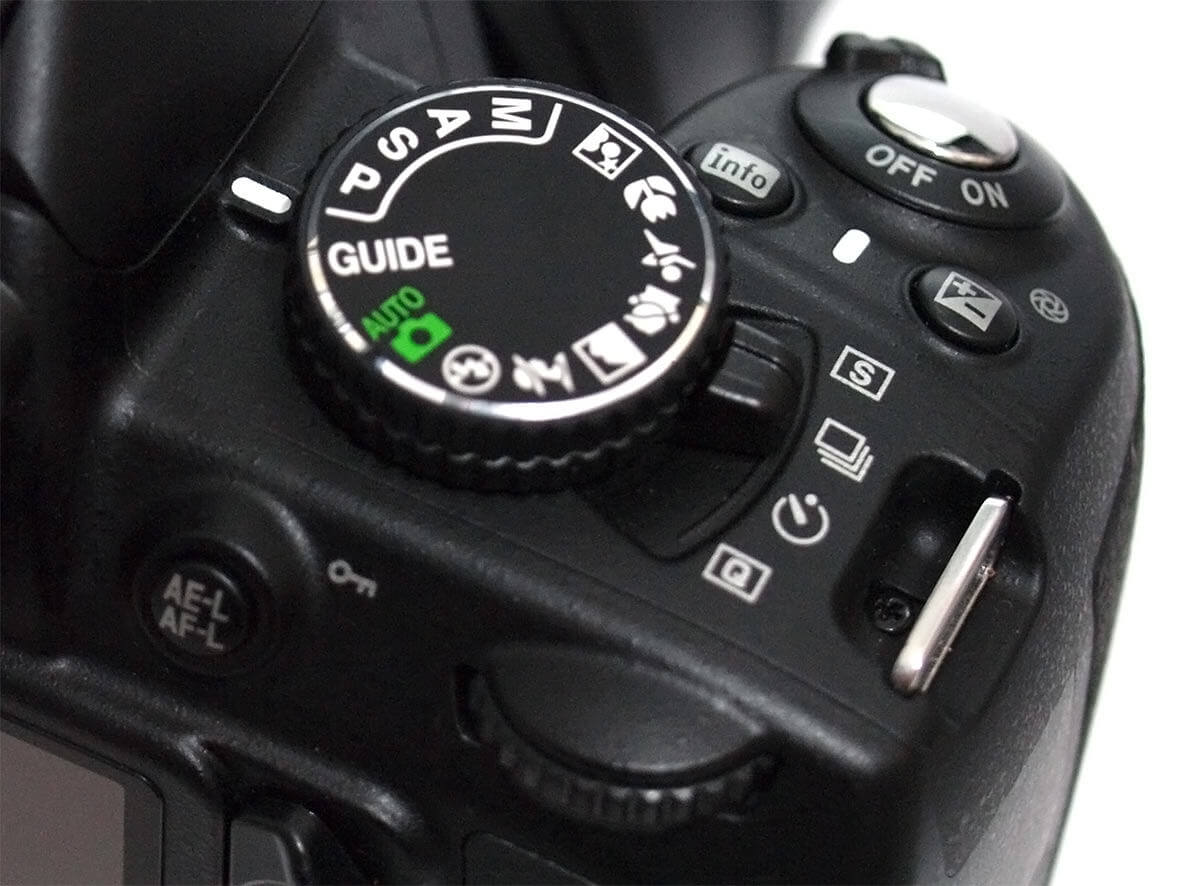
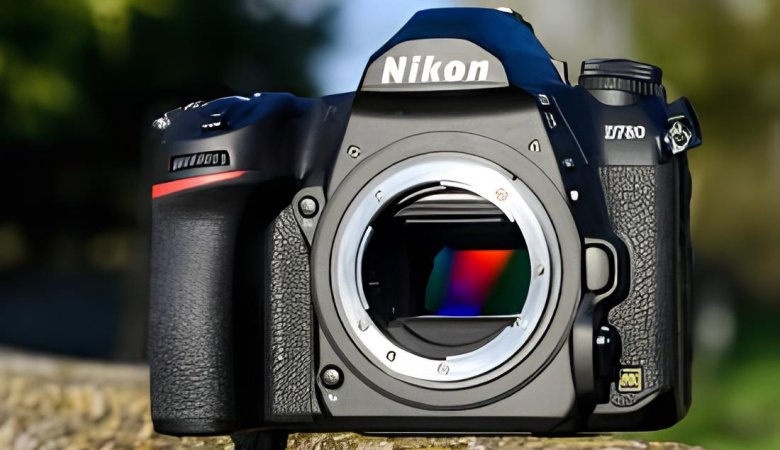
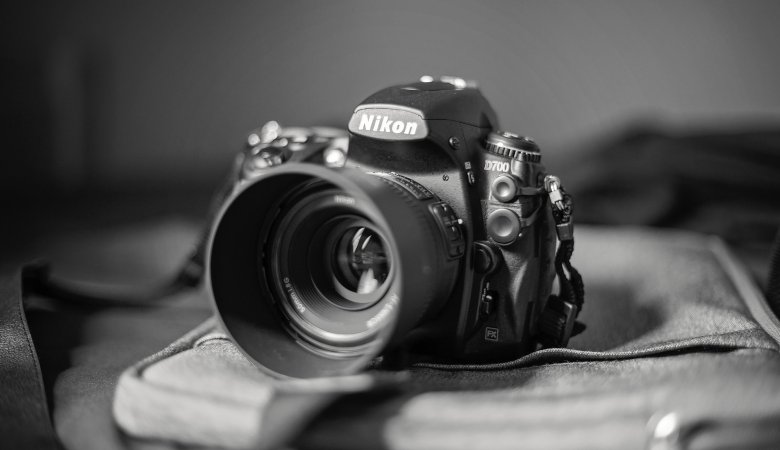
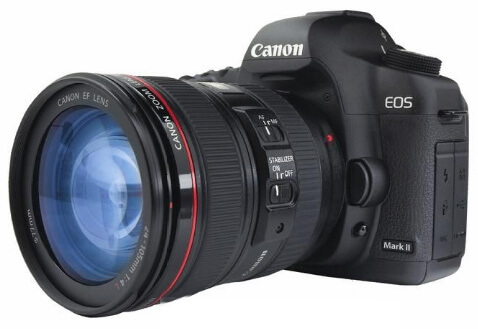
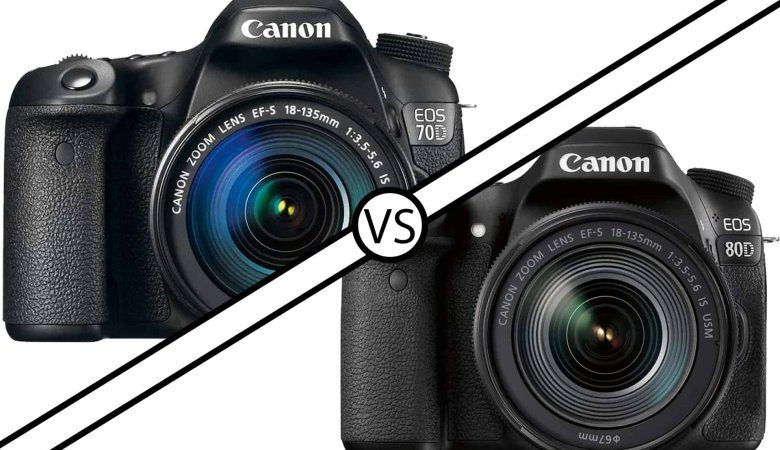
Leave a Reply